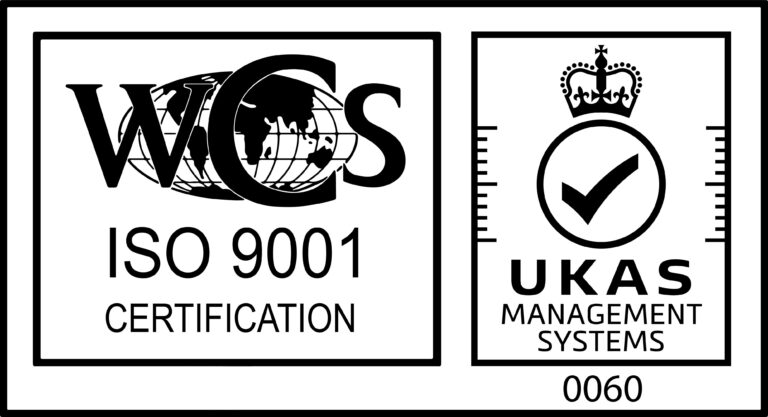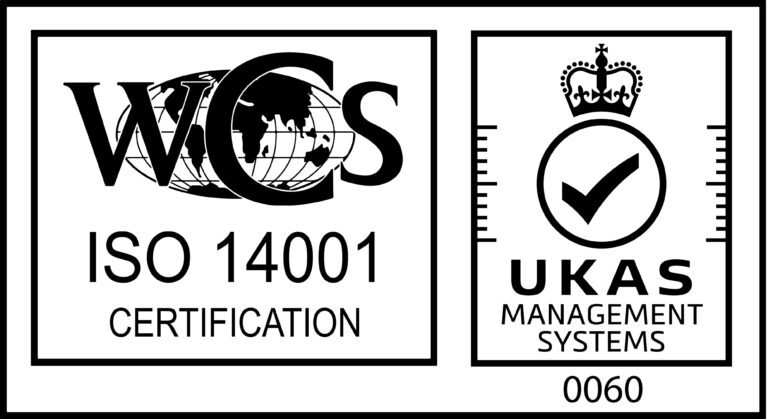It’s that time of year when many teachers start looking for new job opportunities. With teachers resigning from their current roles, new teaching positions are opening. If you have an interview lined up, proper preparation is key to landing that new teaching role.
Stepping into a teaching interview can be daunting, but with the right preparation, you can demonstrate why you’re the top candidate. This article offers tips for teaching interview readiness, focusing on key areas like understanding the school’s culture, presenting your teaching philosophy, mastering classroom management, and showcasing your teaching methods. Prepare to make a positive impression with these actionable strategies. Here are some tips to help you get ready:
Key Takeaways:
Prepare extensively for teaching interviews by understanding the school’s culture and education approach while demonstrating your potential teaching ability through both the Q&A segment and teaching demonstrations.
Articulate a succinct and clear teaching philosophy that resonates with the school’s values, showcase evidence of successful classroom management strategies, and illustrate commitment to building strong relationships with both students and colleagues.
Make use of all the free available resources to aid in your research and preparation for your interview. Squeeze all of the information you can out of the school’s website and social media platforms. This provides a lot of background insight into your prospective school and allows you to build a list of any questions you may want to ask at the interview. Also, look at their most recent Ofsted report.
Stand out from other candidates by conveying passion for teaching, sharing your success through a portfolio of work, practising common interview questions using the STAR method (see below), and showing genuine interest in the school’s vision and students’ extracurricular activities.

Understanding the Teaching Interview Process
The teaching interview process is not just about assessing your knowledge and skills acquired during your teacher training. The process also entails assessing your compatibility with the school’s culture and educational approach. You can expect a wide range of questions that explore your motivations for teaching, your ability to manage social relationships, and your proficiency in teaching methods.
While subject knowledge is crucial, it’s not the sole aspect under consideration when applying for a teaching job, especially your first teaching post. The interviewers are also keen to observe your potential ability to teach, which can be demonstrated during a classroom teaching demonstration for the desired teaching post. Therefore, preparing for both the question-answer segment and the teaching demonstration is crucial to make a strong impression.
How to Ace the Interview Process like a Super STAR
When preparing for a teaching job interview there is a tried and tested method for structuring your responses to interview questions. It is known as the STAR method:
Situation – give context for your anecdote
Task – explain what you were asked to do
Activity – describe what you did
Result – explain how the situation played out.

Our Top Tips For Teacher Interviews:
1. Showcasing Your Teaching Philosophy
In your teaching interview, you should clearly express your teaching philosophy ensuring it resonates with the school’s values and fits well with its environment. Begin by comprehending the school’s expectations, as this will help tailor your teaching philosophy to align with the school’s vision and curriculum.
Your teaching philosophy should be succinct and clear, reflecting your thought process about your teaching practice methods and goals. Here is a suggested structure for your statement, focusing on your teaching philosophy:
- Start with one or two sentences that encapsulate your thinking.
- Elaborate on what your philosophy means in practical terms.
- Include an example of how your philosophy is applied in the classroom.
- Avoid wordiness and clichés, as interviewers want to see that you understand your philosophy and can describe it effectively.
By following this structure, you can create a concise and impactful teaching philosophy statement.
2. Demonstrating Your Classroom Management Skills
A successful teaching career hinges on effective classroom management.
Effective classroom management begins with pre-emptive strategies, including engaging lesson plans to pre-empt disruptive behaviour. Creating a respectful classroom dynamic encourages students to exhibit similar respect, thus reducing behaviour management issues.
The strategic arrangement of classroom space can enhance management, and articulating a personal philosophy of classroom management provides a chance to illustrate your thoughtful approach to addressing specific behaviours.
3. Addressing Disruptive Students in Interviews
Handling disruptive student behaviour is a common classroom challenge. When interviewing for teaching positions, be prepared to discuss strategies you have used to effectively manage disruptive incidents while maintaining a productive learning environment.
Emphasise how you establish and enforce fair, consistent rules aligned with the school’s behaviour policies. Provide examples of individual behaviour plans you created for frequent disruptors that led to improvements. Discuss situations requiring understanding and flexibility when working with students facing complex emotional or learning needs.
Share that you strive to respond calmly and objectively to minimize classroom disruption during challenging behavioural issues. Explain how you leverage one-on-one time to build rapport with struggling students, enhancing your overall classroom management approach.
Being able to articulate in interviews how you balance order and compassion when addressing disruptive behaviour will highlight your professionalism and strong yet caring classroom leadership abilities.

4. Addressing Disruptive Students in Interviews
When interviewing, highlight your commitment to collaborative partnerships with both parents and colleagues. Provide examples of maintaining open communication with parents through regular updates, addressing concerns promptly, and interacting with empathy.
Also, share examples of successful teamwork with peers through co-teaching, interdisciplinary lesson planning, and participating in committees and staff meetings. Discuss instances when you collaborated with colleagues to solve complex issues and led collaborative initiatives like curriculum redesigns.
Convey your enthusiasm for collaboration and provide tangible examples. This will demonstrate you possess the relationship-building skills schools seek when hiring teachers who can strengthen partnerships with parents and staff.
5. Demonstrate your Subject Knowledge and Teaching Methods
In demonstrating your competencies during the interview, highlighting your subject knowledge and teaching methods is important. Your achievements in teaching, your knowledge of the school’s curriculum, and your mastery of the subject matter should be at the forefront. Make sure to refer back to the job specification when discussing your knowledge and qualifications and demonstrate how you are the ideal candidate for their school.
Showcasing evidence of student success can further highlight the effectiveness of your innovative teaching methods and your commitment to improving engagement and academic results. Discussing the integration of educational technology, including specific tools like online quizzes, can enhance your profile to indicate your adaptability to innovations. Providing examples of past successful teaching methods and behaviour management strategies can impress the interviewers and demonstrate your skills.
6. Bringing Extra Value as an Educator
In addition to your core skills and experience as a teacher, highlight any extracurricular knowledge, talents or leadership experience you can leverage to bring further value as an educator. For example, describe experience directing student clubs, coaching sports teams, leading music programs, or sponsoring language clubs.
Explain how these co-curricular activities not only broaden learning opportunities for students but also allow you to form deeper connections and mentorship with students outside of class time. Provide specific examples of programs you have directed and their positive impacts on students.
Demonstrating this type of enthusiasm and vision for bringing added leadership beyond your core academics will show how you can enhance student experiences and contribute to the school community in meaningful ways. This will showcase you as a well-rounded educator dedicated to nurturing students inside and outside the classroom.

Visiting Your Prospective School Before the Interview Day
If you can, visiting a school before your job interview provides valuable firsthand insights and visibility. Walking the halls and observing classes offers an experience that no website or informational interview can replicate. By touring the school, you can evaluate the available resources and gauge the environment’s alignment with your teaching style. Notice how teachers and students interact – are people chatting freely and students engaged? The culture is often reflected in daily atmospherics.
Introducing yourself to other members of staff and potential future colleagues opens the door for you to ask relevant questions about the role while making connections. Even brief conversations plant the seed for your memorable credentials to be matched with a familiar, interested face during hiring deliberations.
In competitive hiring processes, all candidates may be qualified on paper. However, showing initiative through an upfront visit signals genuine enthusiasm and commitment to understanding the institution deeply. This can distinguish your candidacy when final decisions are being made.
Leveraging a pre-interview visit provides two key advantages – insider perspectives to evaluate fit and visibility with decision-makers. Taking this extra step allows you to attend the formal interview armed with insights and emerging connections.
Asking Insightful Questions
Posing thoughtful questions towards the end of the interview projects your interest in the school, your dedication to teaching, and your readiness for the role. Preparing questions to ask at the
end of the interview demonstrates your interest in the school’s processes and future developments.
It shows your preparedness, passion, and commitment when you ask questions during an interview, shifting the focus away from yourself and toward the school. Highlighting the school’s commitment to professional development and the opportunity to grow your skills indicates your enthusiasm for continuous learning and improvement.
Inquiring about the school’s vision for the future or key developments they have planned can demonstrate your interest in the school’s long-term goals and their potential role within them.
Questions to Ask the Interviewers
When it comes to the end of the interview the interviewer asks “Is there anything you’d like to ask us?”, this is your time to switch roles. This is your opportunity to ask thoughtful, researched questions, which can make a strong final impression on interviewers. It demonstrates to your potential new employer your passion, investment, and genuine interest in growing the students and overall school community.
You can be as in-depth or as general as you like from discussing how the day to day classroom management would look like and what is the main focus of the school governors and senior leadership.
Here are some questions to ask your interviewer:
- Can you describe the culture of the school and community?
- What induction and orientation does the school offer new teachers?
- Can you describe the culture of the school and community?
- How are parent-teacher relationships supported?
- Are there opportunities for teachers to take on leadership roles or extracurricular activities based on their strengths and interests, or reports?
Summary
Acing a teaching interview requires preparation, understanding, and the ability to showcase your skills effectively. From understanding the interview process, showcasing your teaching philosophy, demonstrating classroom management skills, emphasising subject knowledge and teaching methods, preparing for lesson demonstrations, navigating common teacher interview questions, and asking insightful questions, to essential interview preparation strategies, each aspect is crucial to securing that desired teaching post. Remember, the goal is not just to demonstrate your qualifications but to stand out as a passionate, dedicated, and innovative educator who can make a real impact on students’ lives.





